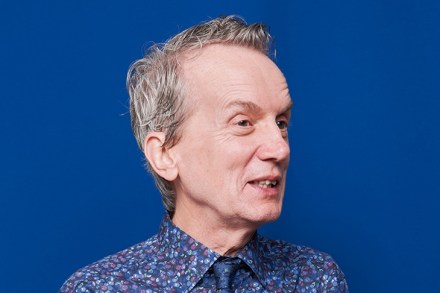Unlike the Tarantino, this has humanity, sympathy and generosity: Pain and Glory reviewed
Pedro Almodovar can sometimes be overly flamboyant if not out-and-out nuts — let us never talk about I’m So Excited! ever again — but his latest film, Pain and Glory, is wonderfully restrained and all the better for it. Partly autobiographical, it’s about ageing, and the reckoning that always comes with that — when you know you’ve had most of your life, how do you keep living it? — as told with the kind of humanity and sympathy and generosity you don’t ever see in a Tarantino film, say. (Are we still arguing about the Tarantino film or have we moved on?) The film stars Antonio Banderas as Salvador Mallo,
















